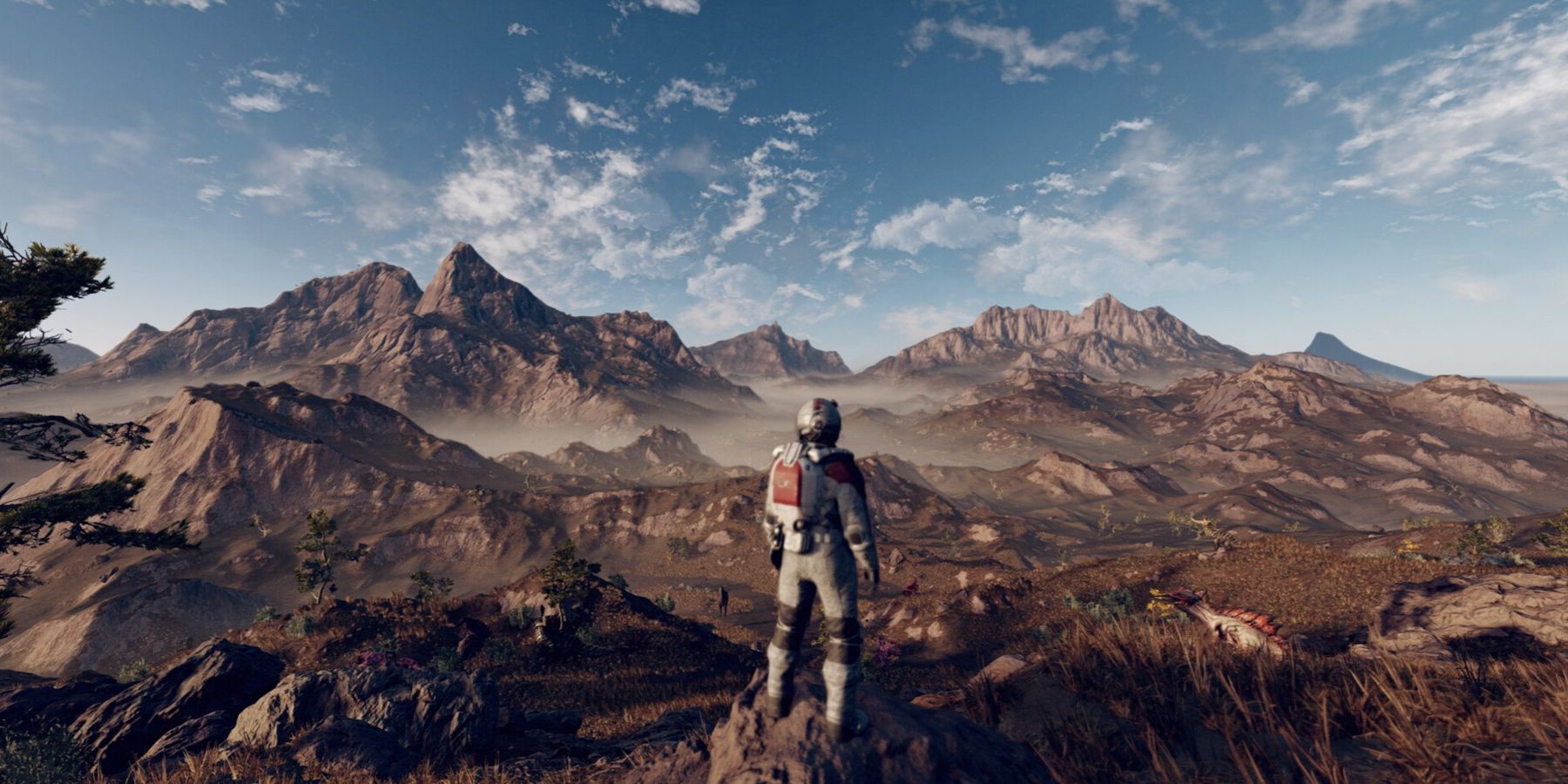
The Gold Rush: Decoding the Meaning Behind Gaming's Golden Milestone

Discover the true meaning behind a game going gold in the gaming industry Unravel the mystery of this unique term and understand its significance for players
In the game industry, various terms and jargon exist to describe each stage of development, from pre-production to the final product on store shelves. Enthusiastic players who closely follow the progress of upcoming games are likely to encounter some of these terms.
Among these terms, one catches significant attention and sparks excitement when developers mention it on social media - "gone gold." For players unfamiliar with this phrase, this guide aims to clarify its meaning.
What Does It Mean When a Game "Goes Gold"?
The term "gone gold" is used in the gaming industry to refer to the "gold master" stage. This signifies that the game is fully developed and ready for release, with all desired features included in the most recent build. At this point, both the developers and publisher consider the game to be ready for the public, bringing excitement to players eagerly awaiting its release.
For a game to achieve "gone gold" status, it must successfully pass the certification process imposed by companies like Microsoft and Sony. This process ensures that any game released on their platforms is stable and free from major issues such as crashes or bugs that would hinder the player's experience. Once the game has completed this thorough process, it will be transferred onto physical discs (if applicable) and distributed to various retailers for sale.
One example of this is the highly anticipated game Starfield from Bethesda. Despite being announced as far back as 2018, Starfield has officially reached the gold stage and will soon be available for preload. Concerned players are unlikely to see any last-minute delays for Starfield, as only a few games have experienced such delays after reaching the gold stage. A recent instance of this was Cyberpunk 2077, which initially achieved gold status but was subsequently delayed due to certification issues.
It is important to remember that even when a game reaches the gold status, it does not guarantee a bug-free experience. In many cases, games receive conditional approval for release, with the requirement of a day one patch to address any issues identified during certification. Additionally, developers often take advantage of this patch to fix minor bugs. Therefore, although Starfield may contain various bugs, they have been deemed insignificant enough to pass certification.










